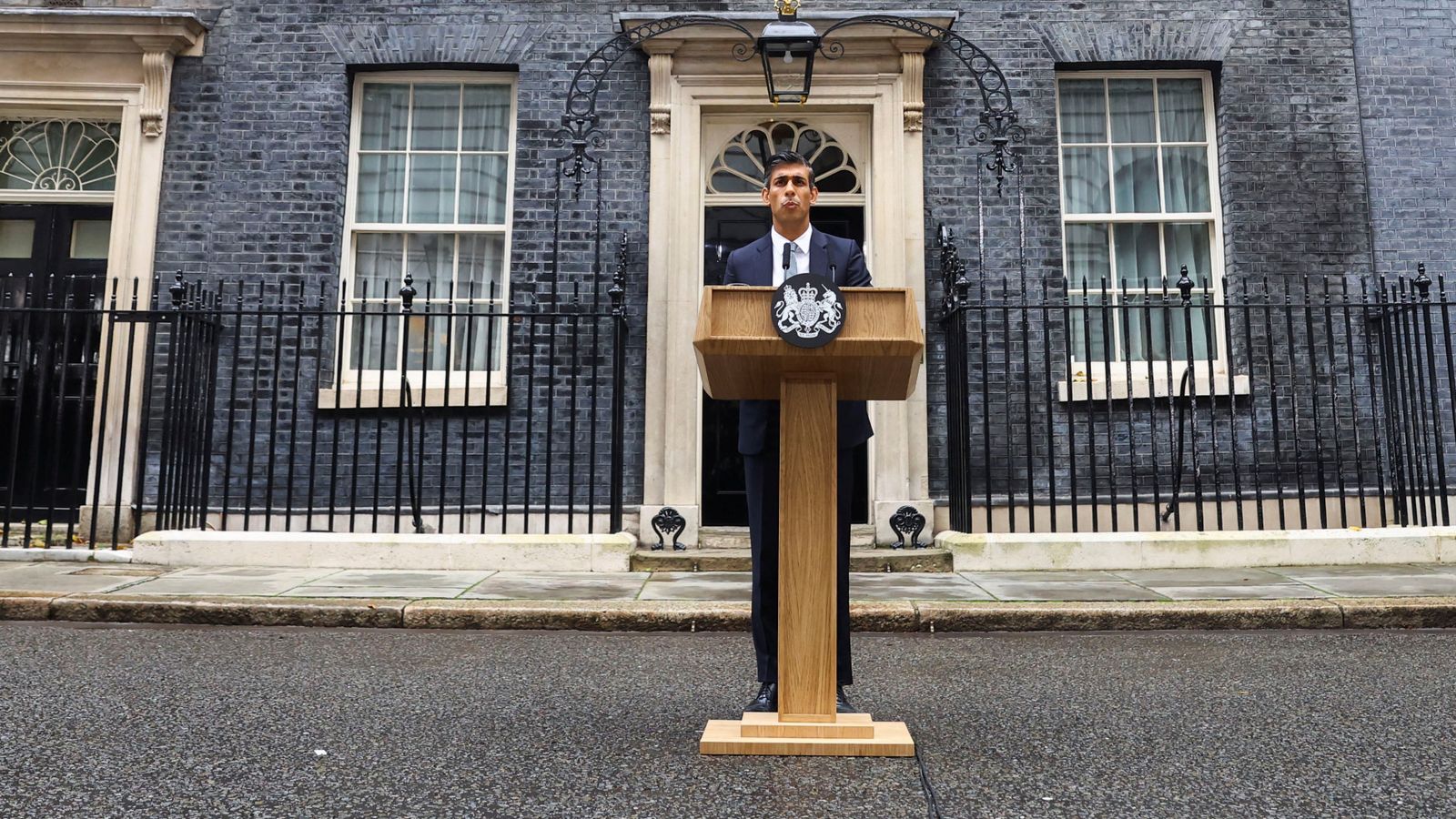Kanye West has been widely condemned for his recent slew of antisemitic comments, but the rapper has previous form with making controversial remarks.
The 45-year-old, who legally changed his name to Ye last year, has seen a completed documentary about him shelved and he has been dropped by his talent agency, fashion brand Balenciaga and his bank JP Morgan. Adidas became the latest company to end its partnership with West.
Here is a look at what West said and other controversial comments he has made in the past.
What were his most recent comments?
Earlier this month West tweeted to say he was “going death con 3 ON JEWISH PEOPLE” before alleging he wasn’t “Anti Semitic because black people are actually Jew also”.
He added: “You guys have toyed with me and tried to black ball anyone whoever opposes your agenda”.
The post has since been removed.
It came after he accused record producer Sean “Diddy” Combs of being controlled by “the Jewish people” in a post on Instagram.
What was the reaction?
Many people condemned West’s remarks and several brands have distanced themselves from him.
He was restricted from posting, commenting and messaging on Instagram and had his account locked on Twitter.
In response West said he will buy social media platform Parler, which pitches itself as a “viewpoint-neutral social media app dedicated to freedom of expression, civil discourse, and user privacy”.
His ex-wife Kim Kardashian has condemned his comments, posting on Instagram and Twitter: “Hate speech is never OK or excusable. I stand together with the Jewish community and call on the terrible violence and hateful rhetoric towards them to come to an immediate end.”
In 2020 she opened up about her then-husband’s struggles with bipolar disorder.
She said “those who are close with Kanye know his heart and understand his words sometimes do not align with his intentions”.
Responding to his latest remarks, comedian Sarah Silverman tweeted: “Kanye threatened the Jews yesterday on Twitter and it’s not even trending. Why do mostly only Jews speak up against Jewish hate? The silence is so loud”.
However, some have supported the rapper, with an antisemitic hate group in the US reportedly unfurling a banner reading “Kanye is right about the Jews” on a Los Angeles flyover and making the Nazi salute.
The move was met with a backlash on social media, with Silverman sharing a picture of the demonstration with the caption: “Lemme guess: still not time to get scared.”
Actor and writer Dan Levy did the same, commenting: “F*** this ignorant, dangerous bull****”.
Actor Florence Pugh shared a photo of the banner on her Instagram story and wrote: “Absolutely appalling.”
Reese Witherspoon tweeted: “Anti-semitism in any form is deplorable. In person. Online. Doesn’t matter where. It’s hate and it’s unacceptable.
“Completely understand why my Jewish friends/colleagues are frightened for their families. This is a very scary time.”
What has he said in the past?
West has also made several other controversial remarks recently, including suggestions slavery was “a choice” and calling the COVID-19 vaccine the “mark of the beast”.
He caused a ruckus at Paris Fashion Week after wearing a “White Lives Matter” T-shirt in response to the Black Lives Matter movement. The Southern Poverty Law Centre, which tracks hate groups, says White Lives Matter is a neo-Nazi group.
In an appearance on Tucker Carlson’s Fox News show, West made several remarks about Jews and money.
He was previously criticised for voicing support for Donald Trump and wearing Make America Great Again (MAGA) hats.
West was diagnosed with bipolar disorder in 2017 and has spoken about his mental health.
In an interview with David Letterman in 2019 he said: “When you’re in this state, you’re hyper-paranoid about everything, everyone.
“This is my experience, other people have different experiences. Everyone now is an actor. Everything’s a conspiracy. You feel the government is putting chips in your head. You feel you’re being recorded. You feel all these things.”
Bipolar disorder is characterised by intense mood swings which can range from extreme highs to extreme lows, the NHS website says.
Sufferers can experience episodes of mania and depression that often last for several weeks or months.
People with bipolar disorder may make uncharacteristic and risky decisions, often without realising their harmful effects.
Commentators have said, however, that a person’s mental health cannot excuse their offensive behaviour.
Ari Emanuel, chief executive of Endeavor, an entertainment and media company, wrote in the Financial Times: “Mental illness is not an excuse for racism, hatred or anti-Semitism. Millions of people affected by mental illness do not perpetuate hateful ideologies. Others brush his comments off as just words, but hateful words far too easily become hateful actions.”










